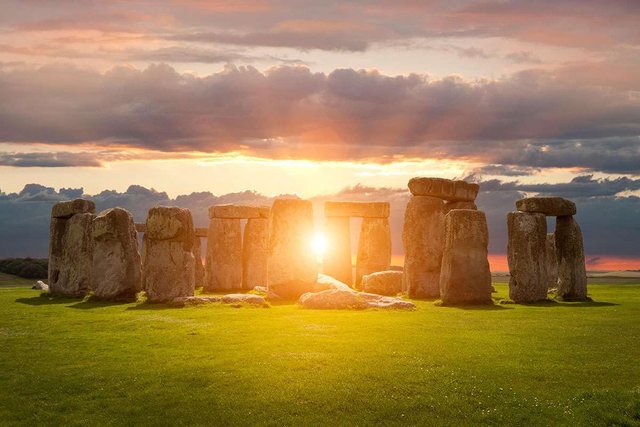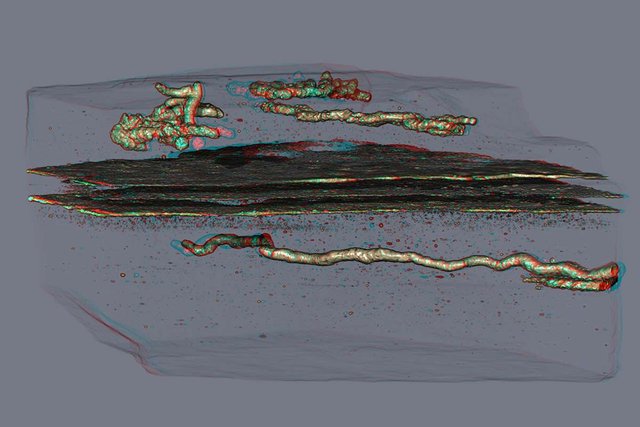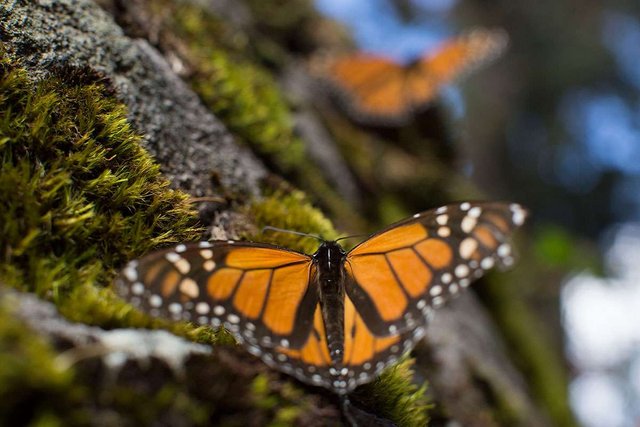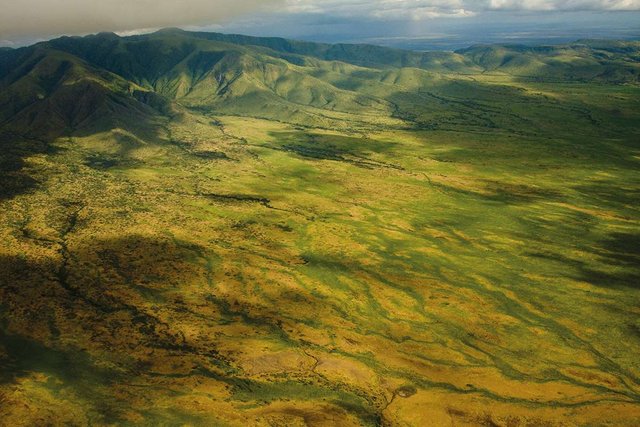This is a curated articles about the latest discoveries in science and interesting articles tackling technology and society.

Sailors spread the ancient fashion for monuments like Stonehenge: Alison George
Building ancient stone monuments, like Stonehenge, is a tradition that appears to have started in France and was then spread by Stone Age sailors

Controversial fossils suggest life began to move 2.1 billion years ago: Michael Le Page
Most biologists think lifeforms evolved the ability to move around about 600 million years ago – tiny burrows in 2.1-billion-year-old rocks challenge the idea

AI paediatrician makes diagnoses from records better than some doctors: Chelsea Whyte
Artificial intelligence can diagnosis common and life-threatening diseases in children by reading their medical records — but it's not always right

Distant Ultima Thule is a weirdly flat snowman that defies explanation: Sam Wong
Images from the New Horizons spacecraft show that the distant space rock Ultima Thule is flatter than we thought, and we don’t know why it’s so strange

Huge global extinction risk for insects could be worse than we thought: Michael Le Page
40 per cent of insects worldwide are in danger of going extinct, but almost all long-term data on insects is from Europe and North America. The global picture could be even worse

Universal income study finds money for nothing won’t make us work less: Joshua Howgego
The most robust trial of universal basic income yet shows that it boosts well-being and doesn't decrease employment, as some had feared

Don’t believe women in science face huge inequality? Here’s the proof: Jessica Wade
Scientists read and react to peer reviewed research, making the pages of leading scientific journals like The Lancet a good venue to fight for gender equity, says Jessica Wade

WhatsApp’s message limit isn’t enough to halt the spread of fake news: Sarvjeet Singh
A limit on forwarding messages has been extended from India to the rest of the world, but more needs to be done by all parties, says Sarvjeet Singh

How Earth’s changing ecosystems may have driven human evolution: Michael Marshall
The most detailed ever look at Earth's prehistoric climate suggests many habitats changed in the past 800,000 years – and this may be why we evolved big brains

The truth about generations: Why millennials aren’t special snowflakes: Amelia Tait
We increasingly form opinions about people based on the generation they belong to, but these labels are often lacking in science









